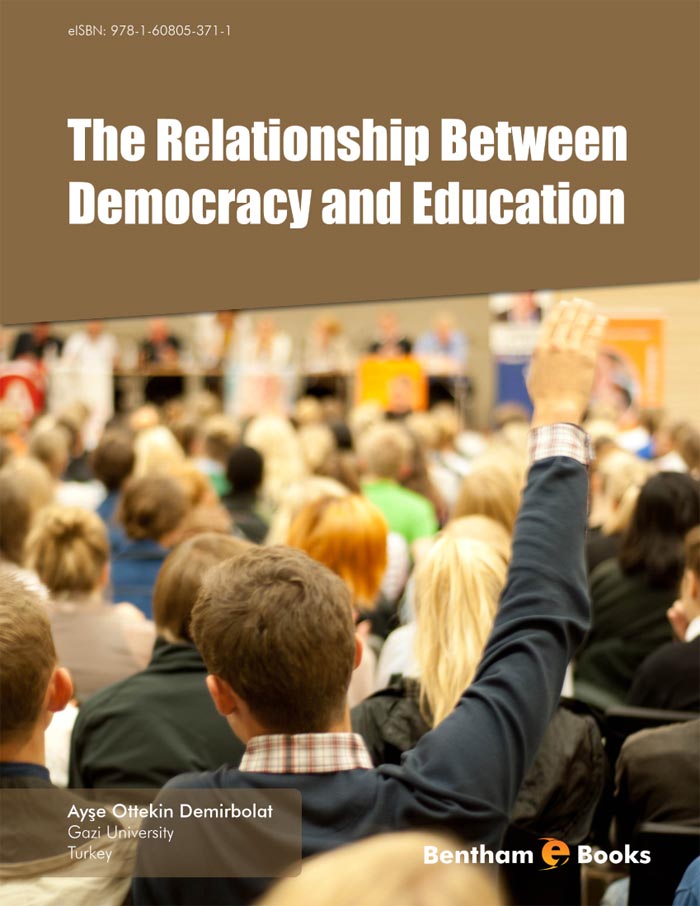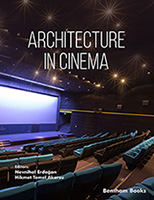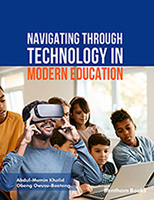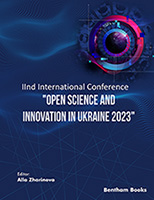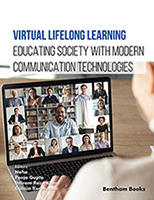Preface
From the perspective of the countries that are undergoing democratization, an important issue is the internalization of the basic principles of democracy by their political actors. Yet, the biggest mistakes are made by administrators, who think that they have internalized these tenets. Therefore, what is understood from democracy in a society – by both the governed and the governing – is of primary importance.
A democracy is not an area of liberty with extensive boundaries; on the contrary, it is an area of liberty that has limits. It is not an instrument; it is a goal. A democracy is not the power of a quantitative majority but the power of minorities as well. It is not a regime that can be left unprotected in the name of democracy. Hence it is necessary that the principles and philosophy of democracy and human rights are internalized by all the citizens and the relationship between democracy and education needs to be functionalized.
The relationship between democracy and education has two dimensions. The first dimension is about the adoption of the knowledge and awareness about democracy and human rights by all citizens. This dimension stresses the importance of transferring the required information and raising awareness, necessitating the macro-level examination of both the relationship between the state and educational institutions and the relationship between the government, which exercises political power on behalf of the state, and educational institutions. Education institutions are not independent of the ideology of a state, and more often than not, they are not independent of the governments that use the power of the state. Thus, educational institutions are right in the middle of the relations between the state and the government, and whether they are really built towards communicating the knowledge and awareness about democracy or not should be questioned. The second dimension concerns the reflection of the acquired knowledge and awareness onto real life and behaviors. This relationship is observed at the micro level and it involves questions regarding the relations between students and teachers, as well as democratic climate conditions and the characteristics of the environment.
Discussions on democracy and human rights at the national level have not been resolved under current conditions; moreover, globalization may yet bring such discussions to a state of deadlock. Instead of being sensitive about just distribution of economic and social rights; global policies pay too much attention to ethnic and religious differences, while overshadowing democracies. Hence, democracies need to be perceived and examined with all the complex relationships at both national and international level.
Prof. Dr. Ayse Ottekin Demirbolat
Gazi University
Ankara
Turkey
ademir@gazi.edu.tr

